I want to like Guayota, but it won’t let me. From never knowing when to stop the exposition to tossing me to an entirely different area when I’ve spent minutes working on a puzzle, Guayota actively does what it can to prevent me from having a good time.
Presentation
The game starts well, with a charming art style and a soft-spoken narrator. There’s an air of mystery that sets up the adventure quite well at first. Sadly, the game goes from mysterious and evocative to boring really fast.
The narrator won’t stop talking, and by the time I get to the Island, it’s hard to remember everything that was said or why it even matters. Without any emotional connection with anything that is going on, it becomes hard to care about the plot.
When you finally get to control the main character, the first NPC greets you with walls of text. By that point, I was starting to wonder if I’d ever get to play the game.
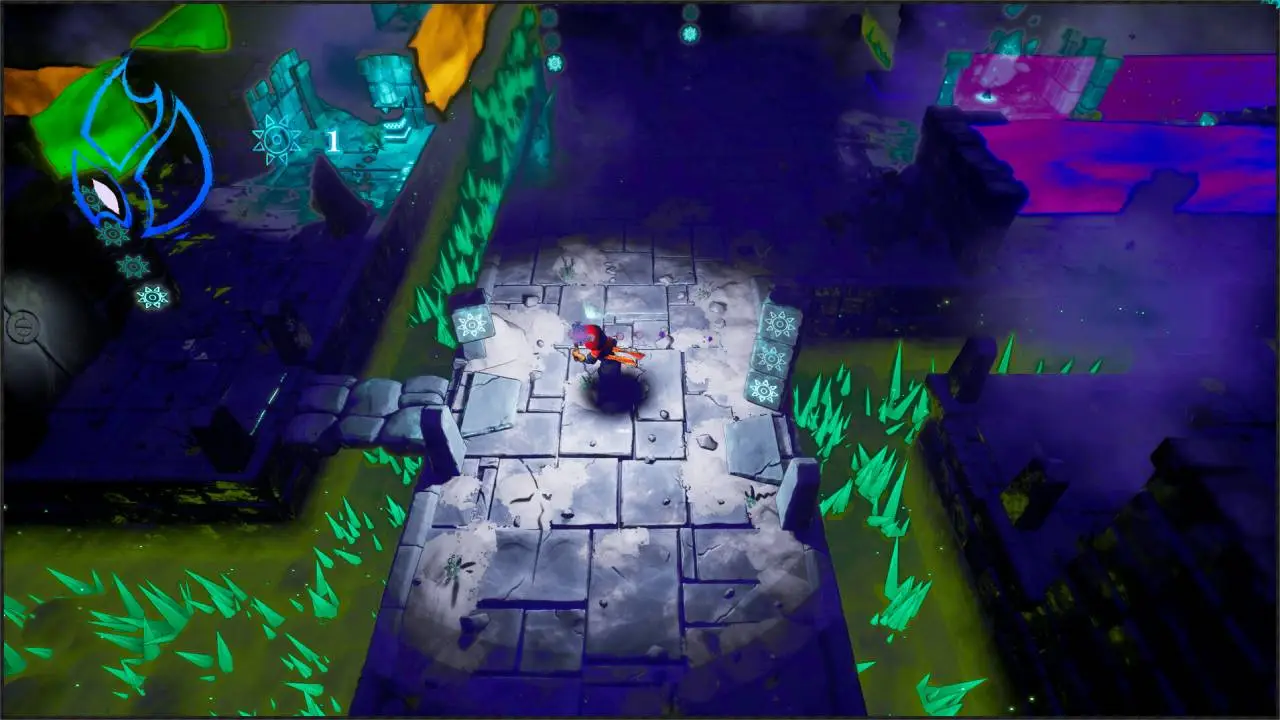
What makes this all the more disappointing is the game’s intriguing backdrop, rooted in the mythology of the Canary Islands. Guayota introduces players to the rich lore of the Guanche people, which is a refreshing break from the more common mythologies explored in games.
Unfortunately, this cultural depth is overshadowed by the game’s excessive exposition, making it hard to appreciate the unique setting.
The sad part is that the voice acting is not bad. In fact, the art of the game is great. The animation and cutscenes are charming, and the beach itself looks great and invites exploration, but they lose all their charm rather quickly considering how they overstay their welcome at the beginning of the game.
Exploring the beach teleports you to a frozen mountain, making me feel like I skipped a section of the game. From there, you’ll get into ancient buildings where the puzzles are located, and all the colors seem to be sucked out of the screen.
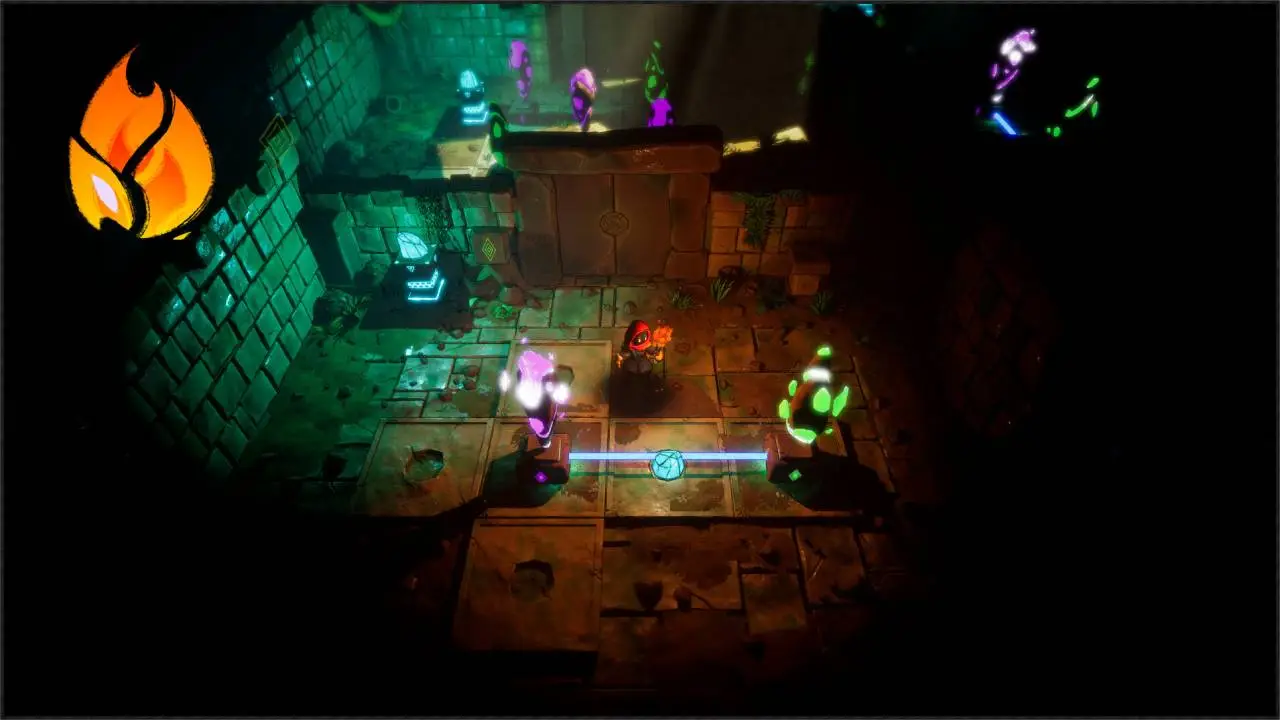
This sudden shift in the environment—from a vibrant beach or jungle to a bleak, color-drained temple—mirrors the game’s tonal inconsistency. While the visual contrast is likely intentional, it often feels more jarring than atmospheric.
The darker environments, though fitting for the game’s themes, can also make navigation frustrating and significantly detract from the vibrant visuals of the island. It doesn’t take long for dark corridors and stone walls to feel old.
The Game
When it comes to gameplay, Guayota is a puzzle game that mixes problem-solving based on position and pure logic with precision-based challenges that don’t seem to match very well. The puzzles can be fun, and I was enjoying myself at first, but they did start feeling repetitive after a while.
More often than not, I’m confused by what Guayota wants me to experience. The game introduces me to a dash command that is used to go through static walls. The dash mechanic feels out of place, with no urgency or precision required, making it just one example of the game’s many issues.
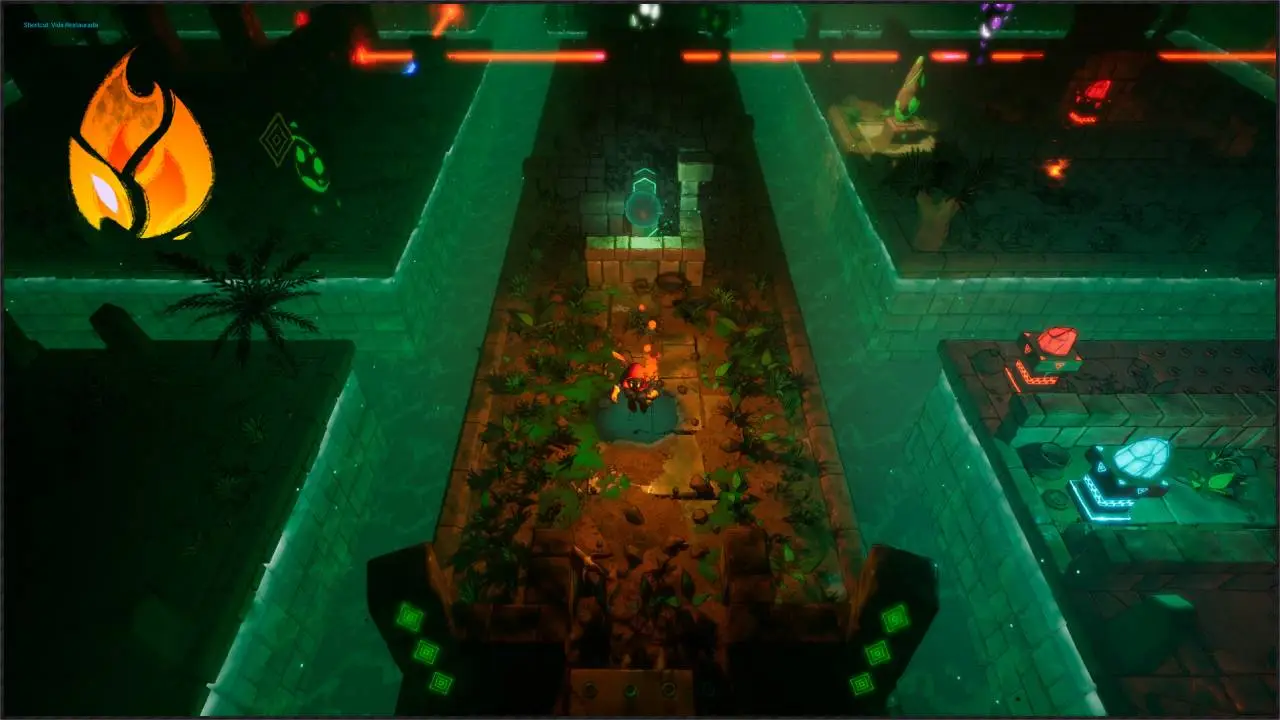
To make things worse, the game’s dual-realm system transports you to a completely different challenge. Failing in the light world forces you into the dark world to complete a different version of the puzzle.
While this concept could add depth, it often feels disjointed, interrupting the flow and making progress feel more like a chore than a challenge. Instead of enhancing the puzzle-solving experience, this mechanic frequently disrupts it, leading to frustration rather than satisfaction.
As mentioned previously, this is the main theme of my experience with Guayota. I always felt like the game consistently got in the way of the fun, whether through excessive exposition or disruptive mechanics.
This is particularly disappointing because there were moments when I genuinely enjoyed solving puzzles and exploring. Unfortunately, the puzzles and the scenery started feeling repetitive, and every time I got caught enough times by a trap while trying to figure out a puzzle, the game would prevent me from trying again by tossing me into the dark world.
The Verdict
Guayota has all the elements of a great puzzle adventure—a unique mythological setting, charming visuals, and a variety of brain teasers—but it squanders much of its potential through frustrating mechanics and poor pacing. The game frequently interrupts your progress with unnecessary exposition and disjointed transitions, making it difficult to stay engaged.
While there were moments I genuinely enjoyed solving Guayota’s puzzles, these are often overshadowed by design choices that end up hindering fun instead of fostering it. Ultimately, Guayota leaves you feeling more frustrated than fulfilled, despite its intriguing premise and occasional flashes of brilliance.


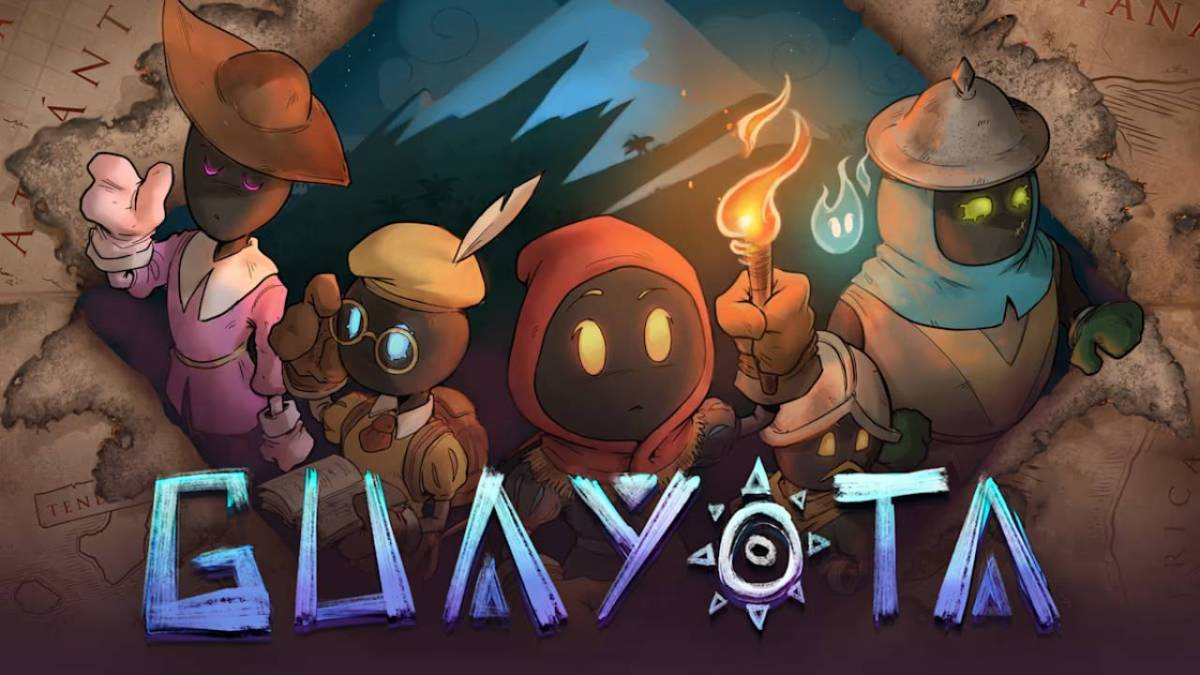
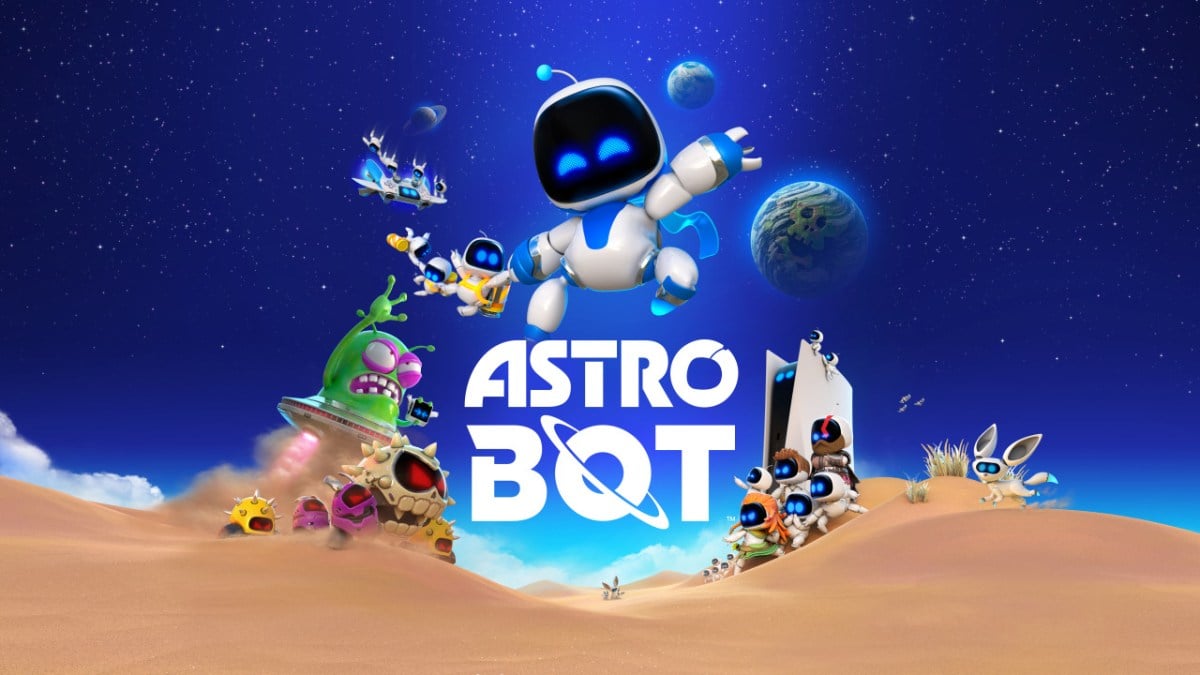
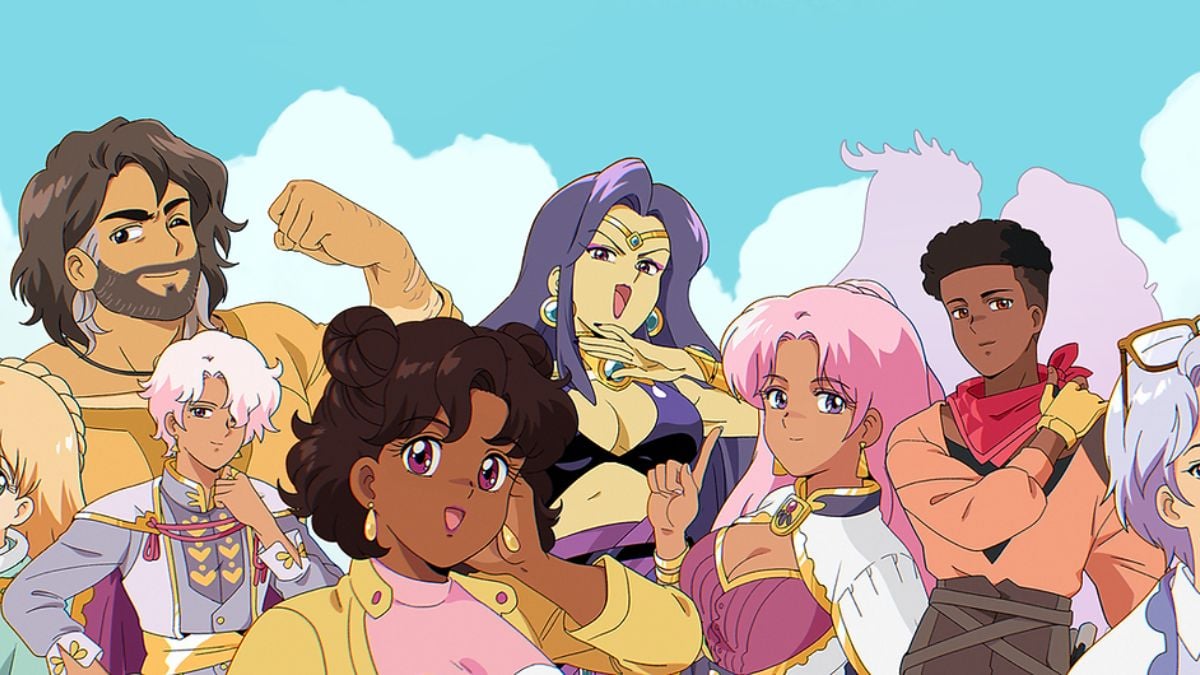
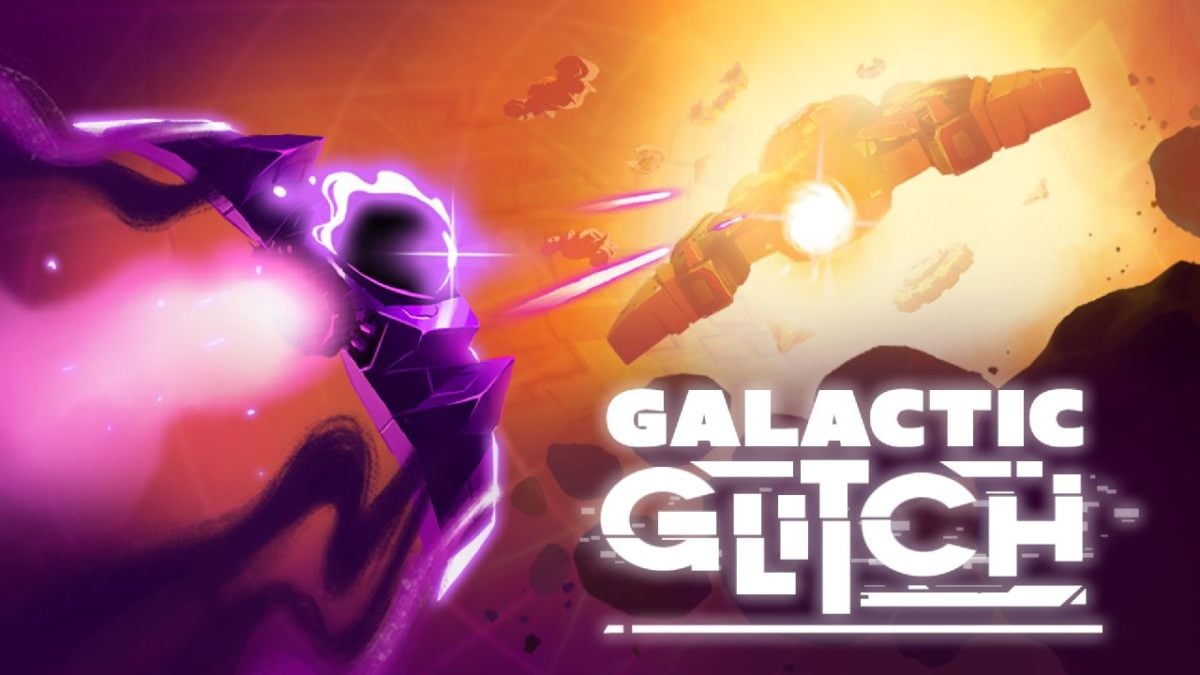
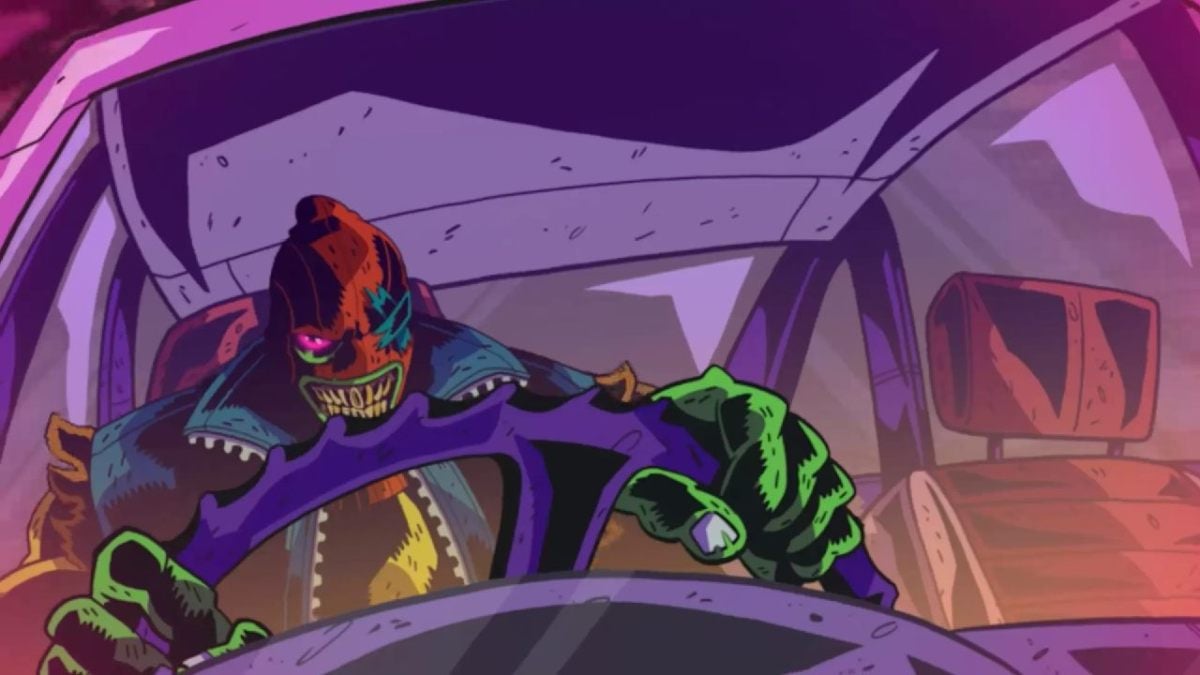
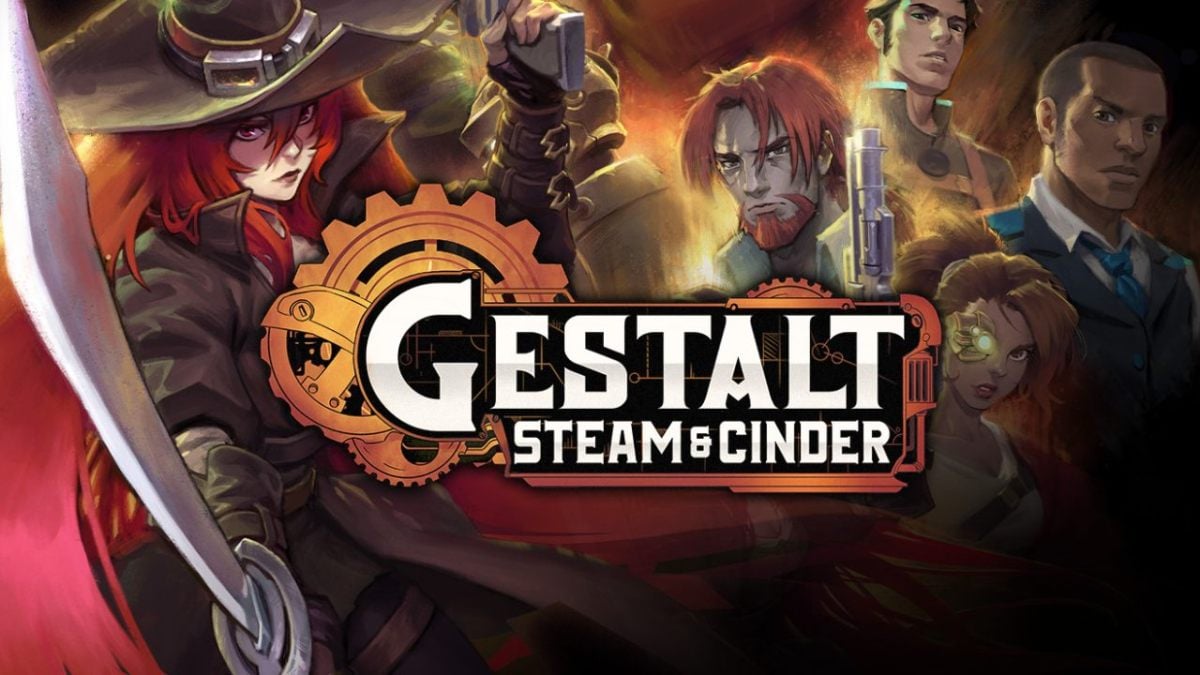

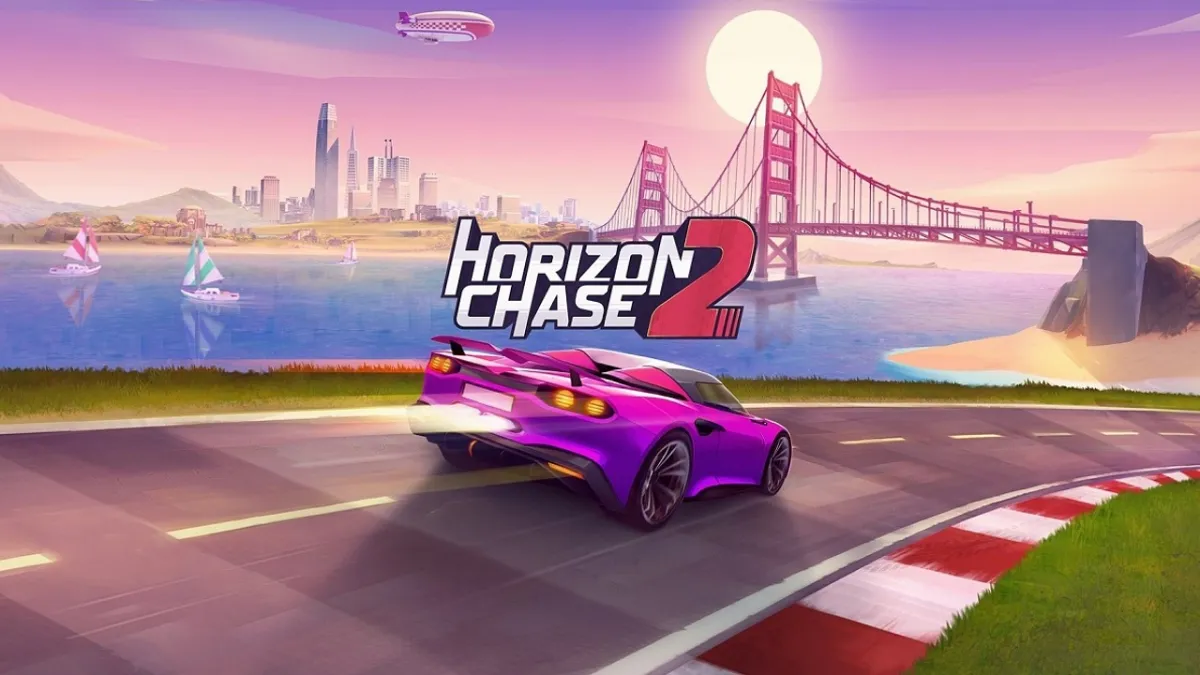


Published: Aug 14, 2024 05:52 pm